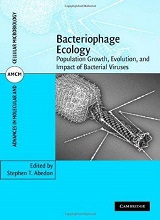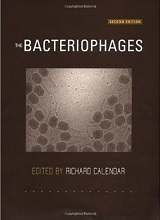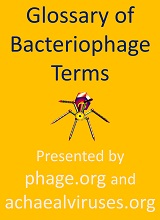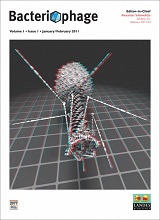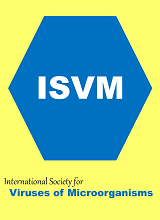

Lysis initiated from outside of bacteria either in the course of phage adsorption (usually involving multiple, simultaneous adsorptions) or via the exogenous exposure of bacteria to endolysins and which occurs well prior to lysis as induced instead from within.
CAUTION: MULTIPLE MEANINGS
In either case, lysis from without involves disruption of the bacterial cell wall by enzymes which gain access to it from outside of the bacterium. The earliest use of this term was based on the first definition – lysis induced by the multiple adsorption of whole virions – whereas the endolysin-associated usage is more recent. Note that not all whole phages, nor all endolysins, are able to lyse target bacteria from without.
This is the definition from Adams (1959, InterScience, p. 440): "Abortive infection accompanied by prompt lysis of a cell, typically following excessive multiple infection." Consistent with this idea that lysis from without is a form of abortive infection, a number of authors have speculated that they may be observing lysis from without but with this term seemingly defined solely as bacterial death attained following presumptively high multiplicity phage adsorption, that is, without emphasizing that bacterial lysis must also occur. Lysis profile experiments or other means of detecting lysis can and should be used in such cases to confirm that lysis, in fact, can occur following high multiplicity of adsorption by a given phage to a given bacterial strain.
References:
Abedon, S. T. (2011). Lysis from without. Bacteriophage 1:46-49.
Abedon, S. T. (1994). Lysis and the Interaction Between Free Phages and Infected Cells. In: The Molecular Biology of Bacteriophage T4. Karam, J. D., Drake, J. W., Kreuzer, K. N., Mosig, G., Hall, D., Eiserling, F. A., Black, L. W., Kutter, E., Carlson, K., Miller, E. S., Spicer, E. (eds), ASM Press, Washington, DC, pp. 397-405.
For more on this topic, see Wikipedia, Google, and PubMed. Contact web master. Return to terms.




